EPISODE 57: How the New York Mets Turned a Green Beret into a Polyglot
A benefit of bilingualism you may not have considered: how useful it can be when dropping into countries—literally—to engage in a US Army Special Forces mission.
That’s just one of the never-thought-of-that-before ways that Jack Clarke, a retired Army colonel who’s now a professor of national security studies, has used the several languages he speaks.
In Steve’s conversation with him, Jack reveals how global languages have always been essential to the US military—often, in ways many of us may have never thought of before. Jack also explains how his fluency in German opened a window into how the German people, whose country is a key NATO member, view the invasion of Ukraine.
But Jack’s story starts much earlier than this—in fact, years before he even joined the Army. It all began, believe it or not, with what some baseball fans still call those Amazin’ Mets….
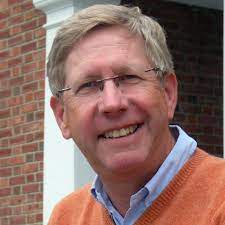
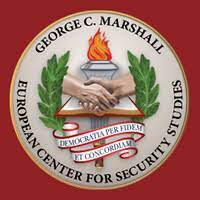
Hear the story
Listen on iTunes by clicking here: America the Bilingual by Steve Leveen on iTunes. Or on SoundCloud here.
More background for you
Jack wanted us to be sure to acquaint listeners with the Marshall Center and the Olmsted Foundation, both of which are central to his story. Here’s a thumbnail on them; their websites are filled with fascinating information on how these organizations elevate a military career into the realm of international relations.
The Marshall Center
The George C. Marshall European Center for Security Studies came into being in 1993, in the town of Garmish-Partenkirchen, Germany. Its Instagram-worthy backdrop is the Bavarian Alps. The center represents a partnership between the US and Germany that addresses issues of regional security as well as promoting dialogue and understanding across nations. Specialized language courses are a vital component for achieving its mission.
The center is named after the architect of the historic Marshall Plan, which provided the blueprint for rebuilding Europe after World War II. George C. Marshall had been US Army Chief of Staff during the war. In his speech after receiving the Nobel Peace Prize in 1953, he stressed the need for “a peaceful progression toward a constantly higher level of civilization.” https://www.marshallcenter.org/en
The Olmsted Foundation
“The greatest leaders must be educated broadly,” maintained George Olmsted, a Major General in the Army during World War II. The scholarship program his eponymous foundation created advances this vision through global languages.
The military officers who meet the rigorous requirements for a scholarship spend two years immersed in another country, studying at one of its universities while learning, speaking, and living in the country’s language. https://olmstedfoundation.org/
CREDITS
Thanks to members of the America the Bilingual Project team for this episode: Fernando Hernández and Luis Raúl López of the Mexican production house Esto No Es Radio, which provides sound design and mixing; Mim Harrison, editorial director of the project, who also wrote and directed this episode; and Karla Hernandez at Daruma Tech, who manages our website.
Music selections in this episode include “Jailbreak Whispers,” “Kiddie Thief,” “Latin Village Party,” “Rusty Bicycle,” “Smooth Criminal” and “Winter Rain,” all by John Bartmann and used with a Creative Commons Attribution License; and “Quasi Motion” by Kevin MacLeod, also used with a Creative Commons Attribution License.
“A Kwela Fella” and “Allez! Allez!,” by John Bartmann, are in the public domain.
Meet the entire America the Bilingual team—including our bark-lingual mascot, Chet—here.
We welcome your comments here, on our new America the Bilingual Review page of Medium, and on Facebook.
Be sure to check out our Book page, to see why one grateful reader calls America’s Bilingual Century “a must-read for every parent.”
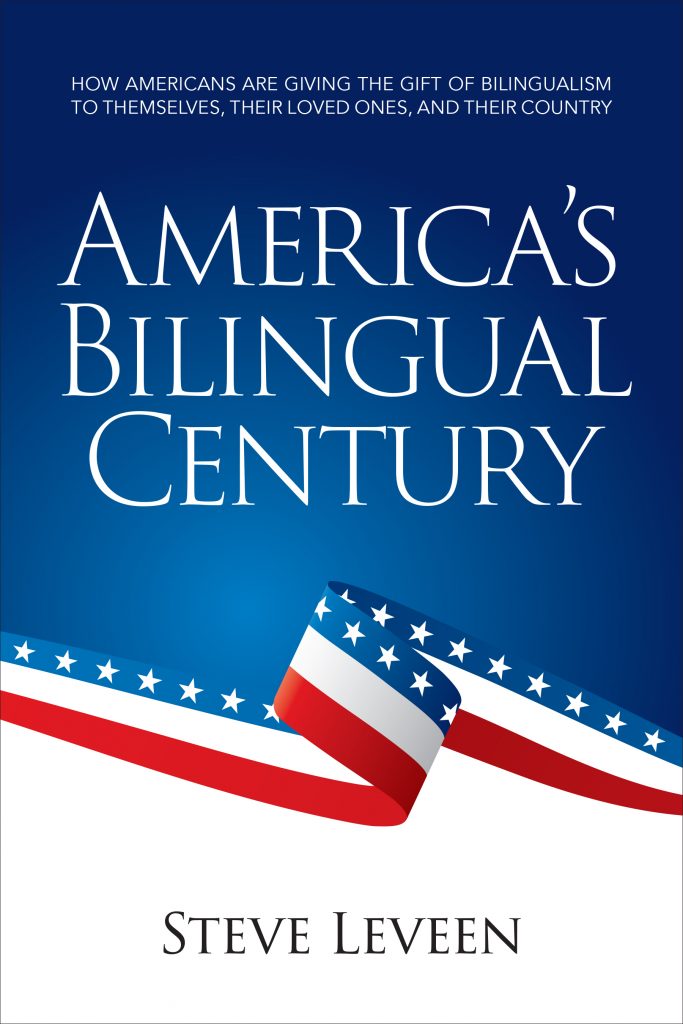
Enjoy the book in your favorite format. Click here.

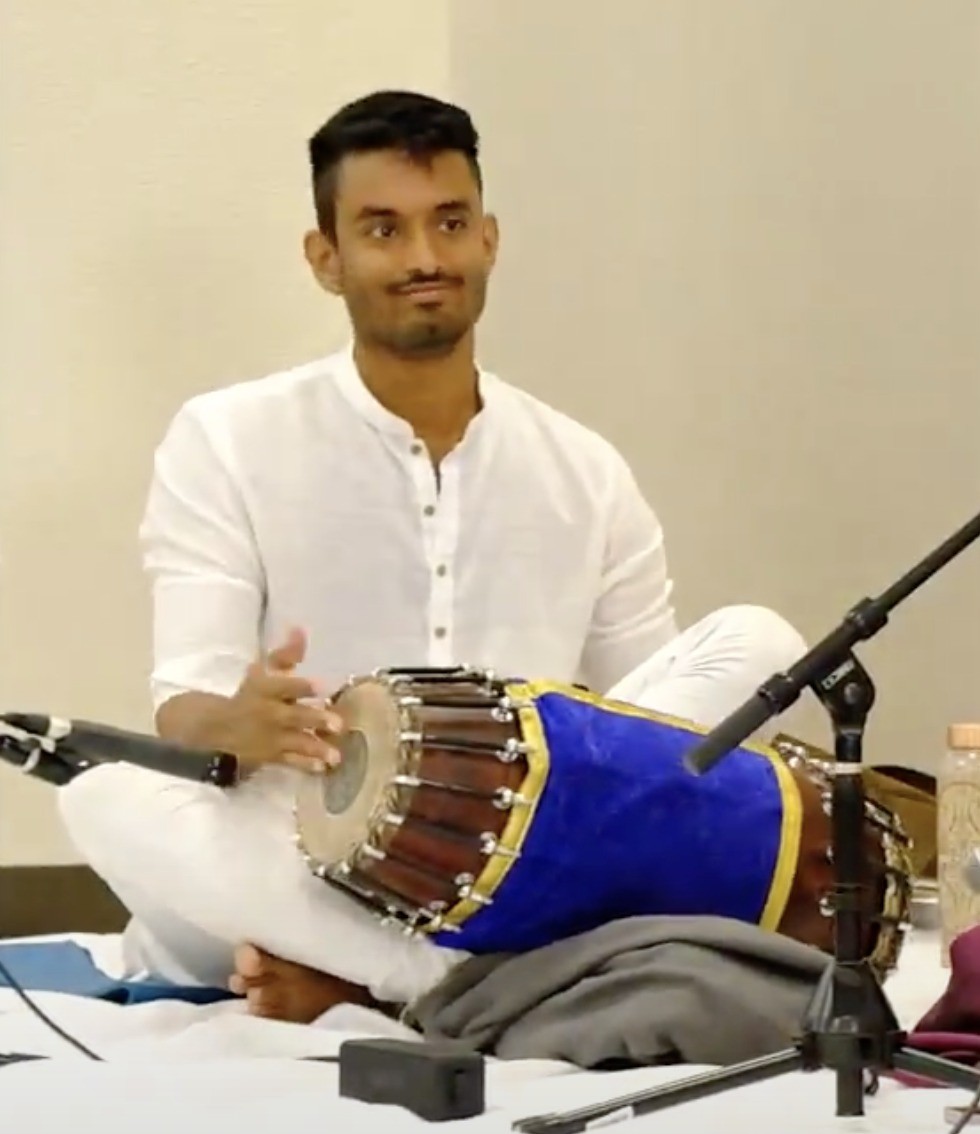

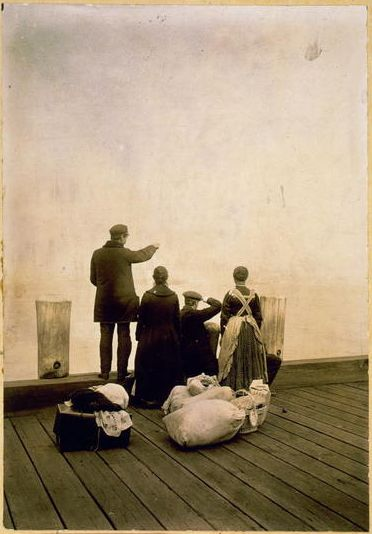
 You can book Steve for many different audiences
You can book Steve for many different audiences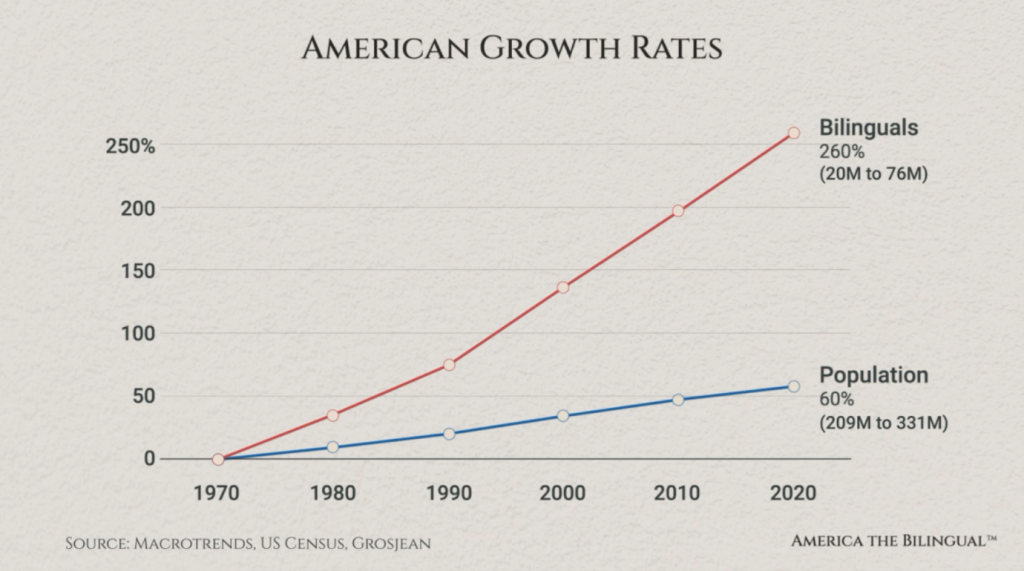
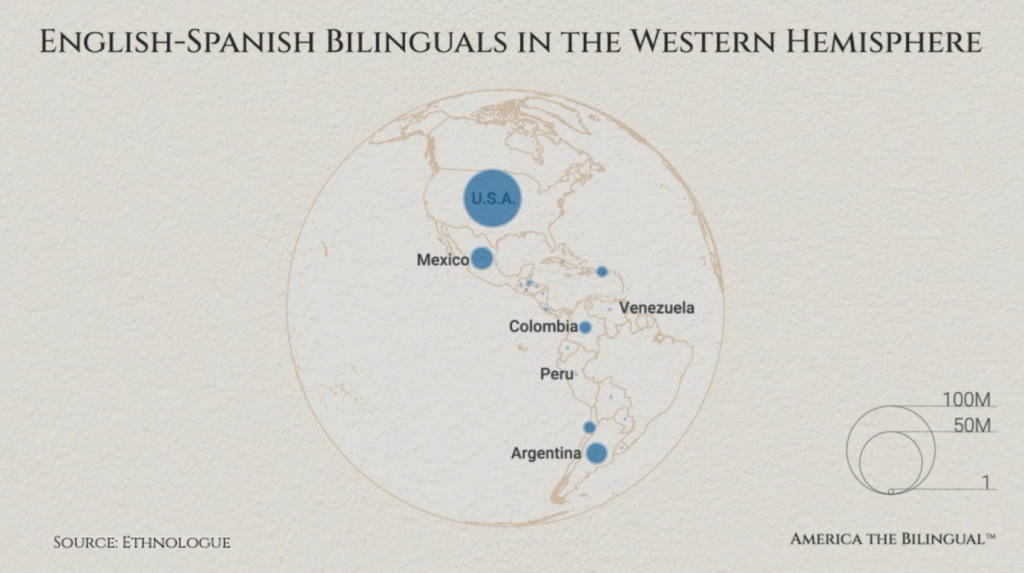


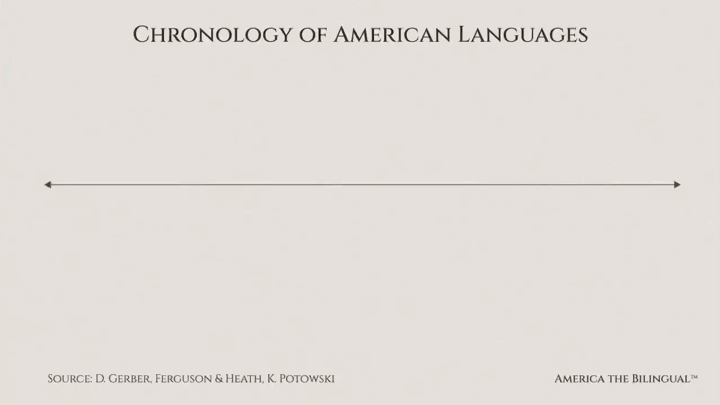


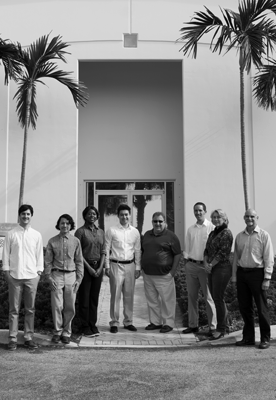
 First, know that she has one of those glorious English accents (or what all of us who are not English would call an accent), which makes her a natural for the audio book narration that she does. Although U.S. born, Caroline grew up in England and studied literature at the University of Warwick (fyi for American ears: that second “w” is silent).
First, know that she has one of those glorious English accents (or what all of us who are not English would call an accent), which makes her a natural for the audio book narration that she does. Although U.S. born, Caroline grew up in England and studied literature at the University of Warwick (fyi for American ears: that second “w” is silent).




Leave A Comment